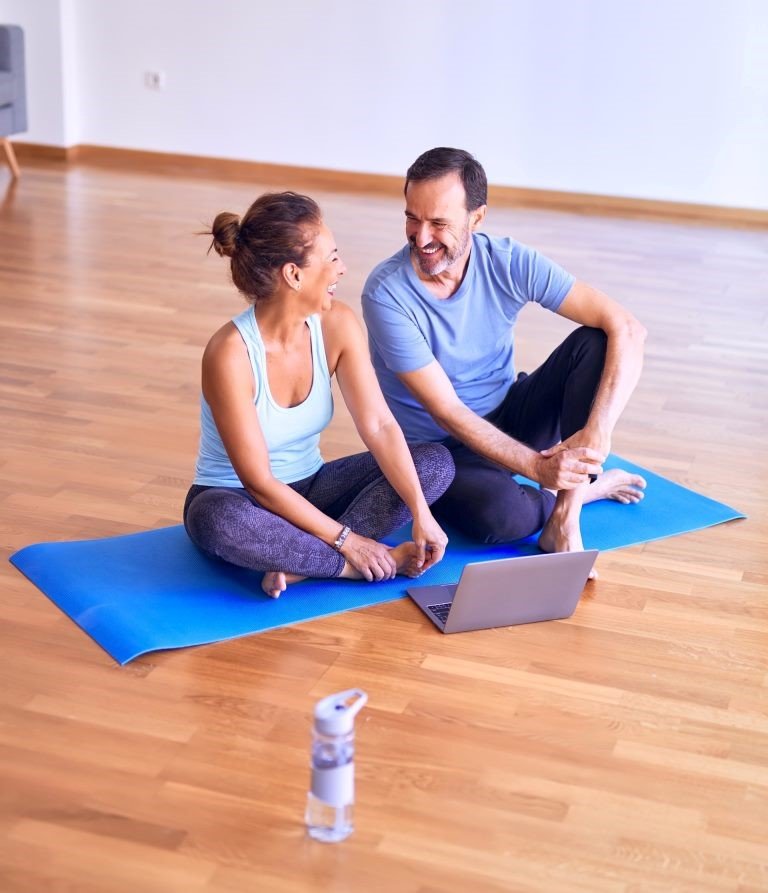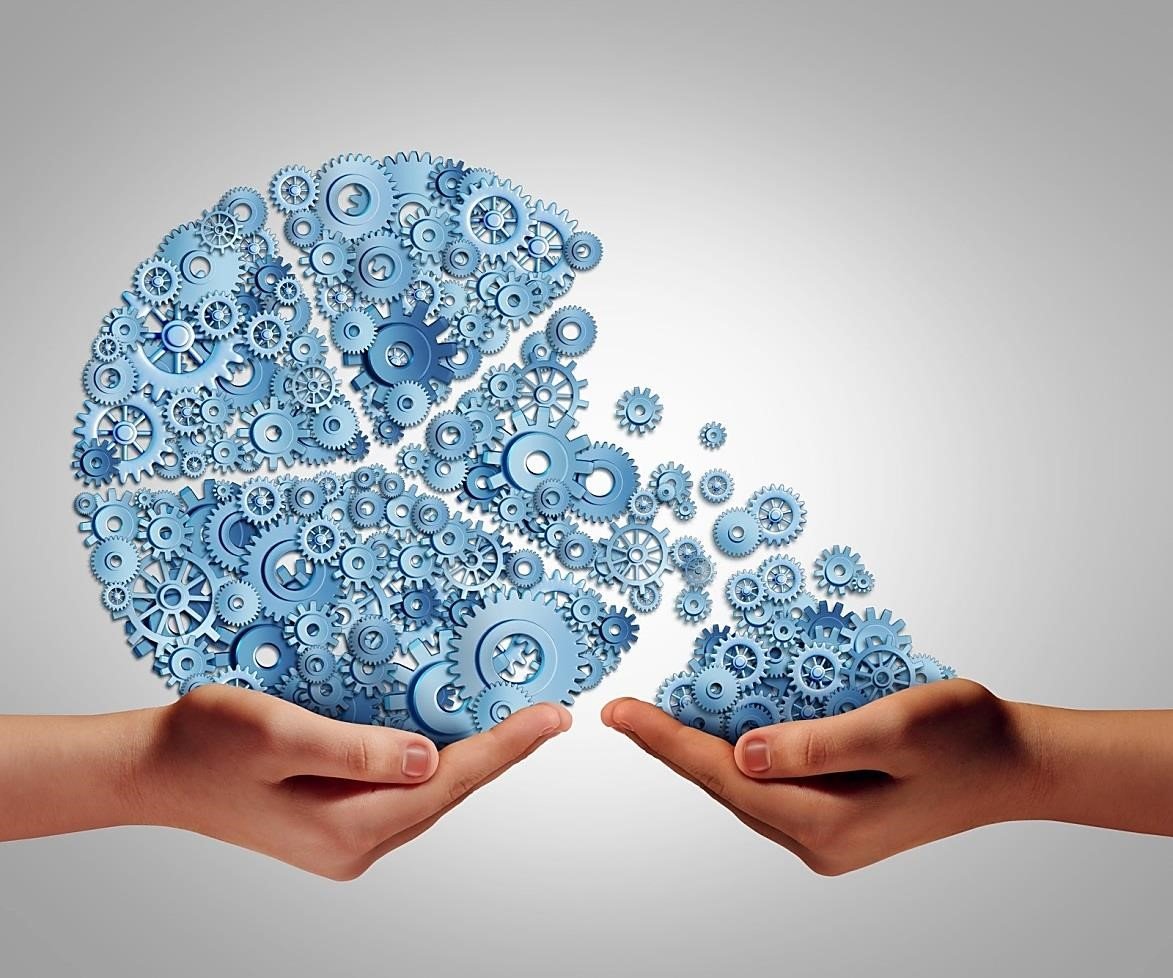
by Fern Shaw | Jan 17, 2021 | instant tap, Water Boilers, Water Coolers, water dispenser
Maintaining good hydration habits may seem less important in winter than in summer, but this is not the case. I would venture that it is actually more important to make sure you’re drinking enough water in winter than in summer.
Dehydration is much less noticeable during winter, as you don’t notice how much you sweat under layers of clothing.
The dryness in the air may dehydrate our bodies quicker than we can imagine and most often, we don’t even feel thirsty, so our need for adequate water may remain unmet*. That’s why it’s important to work pre-emptively to replenish the fluid reserves of the body, in order to avoid any physical discomfort that will stem from dehydration in the future.
As with all seasons, winter also demands special dietary and lifestyle adjustments to prepare the body for the cold weather.
Drink room-temperature drinks: Although cold drinks are absorbed quicker, warmer or room temperature drinks keep your body temperature optimal – particularly ideal if you’ve been exercising in the cold.
Make good hydration a habit: Since your ability to recognise your thirst worsens as you age, today is the ideal time to start getting into the keeping hydrated habit.
Boosting Immunity: The cold and dry air may sap your body of energy, making you feel sluggish and even making you more susceptible to cold weather illnesses. Keeping hydrated helps boost immunity thereby protecting your body.
Regulating Weight: When you’re hydrated, your body is more capable of breaking down fats, effectively regulating body weight.
Eat water rich food: Fruit and veggies have a high water content – these add volume and keep you satisfied without the calories. Broth and soup are also a great way to consume water.
Water refresh: A lot of us just do not like drinking water, period. Try adopting a different approach. Switch up your room temperature water by adding lemon, cucumber or even ginger.
Helps skin health: Drinking adequate water during winter is essential to stay hydrated, all which helps to prevent dry and dull skin.
Whatever the weather and wherever your location in the UK, the easiest and quickest route to ensuring you have a constant supply of refreshing drinking water is to install a water dispenser from AquAid. We provide a wide range of high-quality water coolers, water boilers and Instant Taps.
AquAid has also recently added a selection of Touch-Free water coolers and water boilers to our range: providing you safe and easy access to your drinking water, thereby ensuring your continued hydration health.
*source: NDTV Food

by Fern Shaw | Nov 24, 2020 | aquaid, water cooler
Maintaining even a modicum of the usual fitness levels can be difficult during normal circumstances; during periods of social distancing, they may seem well-nigh impossible. We don’t all have a home gyms or exercise equipment in our place of residence. For many of us, both indoor and outdoor space can also be an issue.
That said, here at AquAid, we looked at exercise methods that are not only better suited to a more private indoor environment but are also easily achievable. A few examples are:
Resistance training – using workout/exercise bands.
Walking, climbing stairs, on the spot jogging – after a good warm up.
Yoga, Pilates and stretching exercises.
Seated exercise – at your desk or in your workspace.
Home weights training – you can use anything from a tin of beans to a dictionary for this.
As always, with any form of mobility, exercising or fitness training, the key to protecting your body and mind while being able to better perform during any fitness or exercise is to make sure you drink water. If you prefer more high impact exercising – e.g. cardio workouts or dancing, where you sweat more, the rule is simple – drink more water.
There is a considerable amount of videos freely available online to guide even the most sedentary of us to basic fitness health, but we particularly liked the videos available at the NHS.
Here’s wishing you a safe, enjoyable and very well hydrated work out, wherever you are, whatever size your home, home office or current workspace.

by Fern Shaw | Oct 8, 2020 | mains fed water cooler, Water Coolers
We don’t believe so. There is a multitude of water cooler suppliers in the UK. What sets AquAid apart are the inclusions integral to what we provide with each watercooler purchase. These aren’t add-ons – although we offer those too – these are inclusions...

by Fern Shaw | Sep 29, 2020 | water cooler
Your heart is your body’s powerhouse: essentially, it’s an engine that drives you. The heart is a muscle – albeit an incredibly complex muscle that relies on, amongst a whole host of other functions, electrical impulses to keep beating.
As with all vital organs, the heart requires water to function at an optimal level. The heart is made up of 73% water, so keeping it hydrated is of particular importance.
As the heart can’t drink water directly, how do we ‘hydrate the heart’?
It’s simple: each day, your heart beats around 100,000 times. This continuously pumps about eight pints of blood around your body through your circulatory system. This blood delivers oxygen and nutrients to all parts of your body, and carries away unwanted carbon dioxide and waste products.
Your heart and circulatory system works together to deliver blood to your organs so they can function.
When you’re not getting enough fluids (water in particular), your blood’s volume decreases too. In addition, when your blood volume decreases, the heart will have a hard time distributing oxygenated blood all over the body. When the blood loses volume, it becomes thicker, harder to circulate. The added stress on the heart increases the risk of heart and arterial damage.
Can drinking water keep us heart healthy? It would seem so – research has shown that consuming more water means a lower risk of death from coronary heart disease. Having enough fluids thin out the blood in the system, allowing the heart to do its job efficiently, which means drinking more water reduces the strain on your heart.
That’s why keeping your heart hydrated is so vitally important – drinking enough water on a daily basis literally makes a difference between a strong, healthy heart and potentially a dehydrated heart under duress.
Sometimes (like right now) it’s good to remind ourselves that in order to appear healthy, we need to keep our internals happy too – we cannot have one without the other.
There’s no time like the present to begin being kinder to yourself, your body and your life – so, the next time you’re about to pass the water cooler, don’t. Rather take your water bottle or water glass and make the water cooler station part of your daily work break routine: fill your bottle and drink your way to a healthier heart and consequently, a healthier you.

by Fern Shaw | Sep 8, 2020 | aquaid, water cooler
Ahh, a day that globally makes the hearts of bookworms beat a little faster. World Literacy Day is more than that, of course. The rather sad reality according to UNESCO is that ‘at least 750 million youth and adults still cannot read and write and 250 million children are failing to acquire basic literacy skills. This results in an exclusion of low-literate and low-skilled youth and adults from full participation in their communities and societies.’
The Merriam-Webster Dictionary defines literacy as “the quality or state of being literate: educated … able to read and write.”
As you are no doubt reading this online, the above illiteracy figures may seem incomprehensible, however, there is a high likelihood of there being many people in our own communities who not only cannot read this post, but are unable to read a book, a road sign, an instruction manual, a prescription bottle label or even a cereal box.
At AquAid, we recognise the importance and value of literacy, which is one of the reasons we continue to donate to charities that implement safe water resources. Although one may not initially see a connection between potable water and literacy, they are most definitely linked.
Across Africa, for both boys and girls, water collection can take time away from their education and sometimes even prevent their attending school altogether.
The charities we donate continue to build clean water resources that free up children’s time, enabling more access to education, including learning to read while attending school.
More than freeing up time, nearby access to a safe water resource means children will be better hydrated, and good hydration means the ability to better concentrate and increased cognitive function.
If you would like to know more about how installing an AquAid water cooler translates into the continued implementation of accessible clean water resources for children and communities in need, we invite you to browse the AquAid website or call us on 0800 772 3003 – we’ll be delighted to assist.





